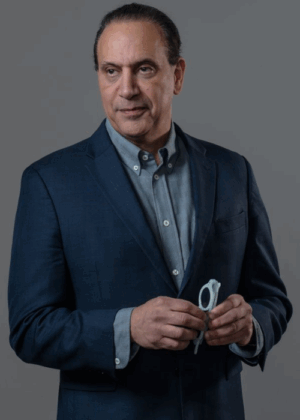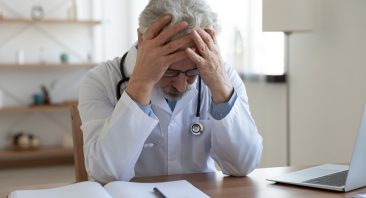- About
- Practice Areas
- Car Accident
- Commercial Vehicle Accident
- Truck Accident
- Mesothelioma
- Personal Injury
- Medical Malpractice
- Premises Liability
- Motor Vehicle Accidents
- Rideshare
- Business Litigation
- Workplace
- Aviation Accidents
- Sexual Abuse
- Maritime Accident
- Elder Abuse and Neglect
- Product Liability
- Social Security Disability
- Dram Shop Liability
- Lung Cancer
- Fraud
- Consumer Protection
- Dangerous Drugs
- Drowning Accidents
- View All
- Mass Tort
- Insurance Disputes
- Locations
- Attorneys
- Results
- Contact
-
- 800-229-7989

















